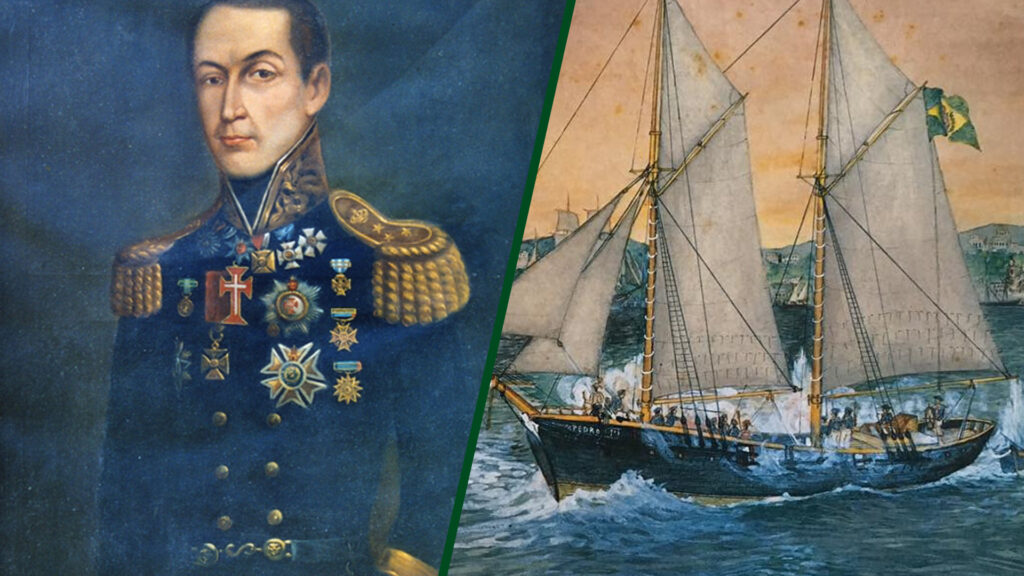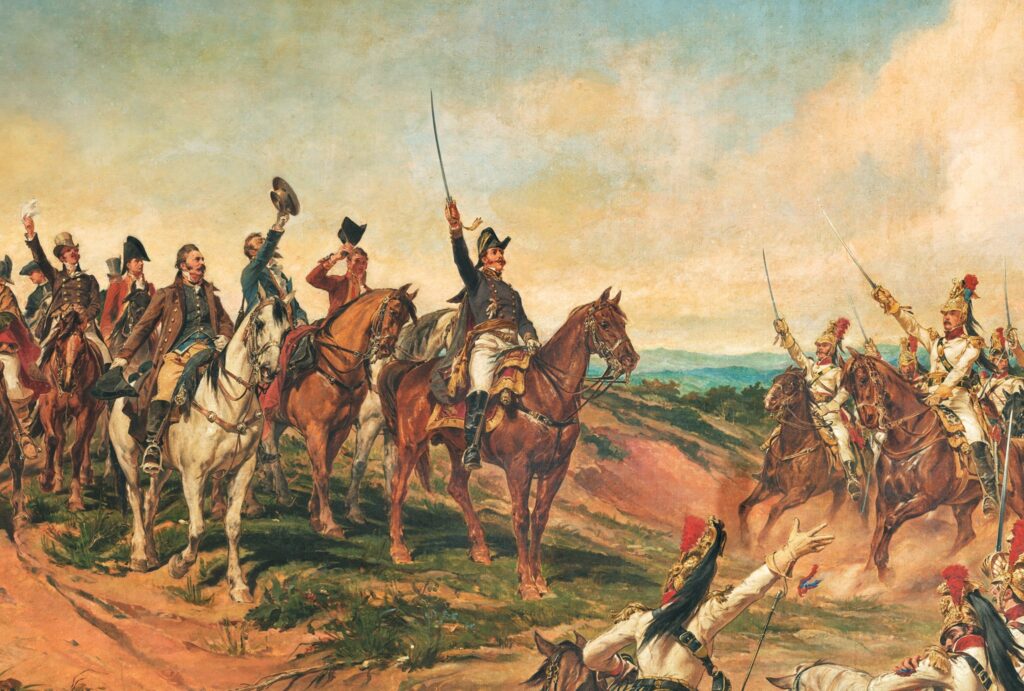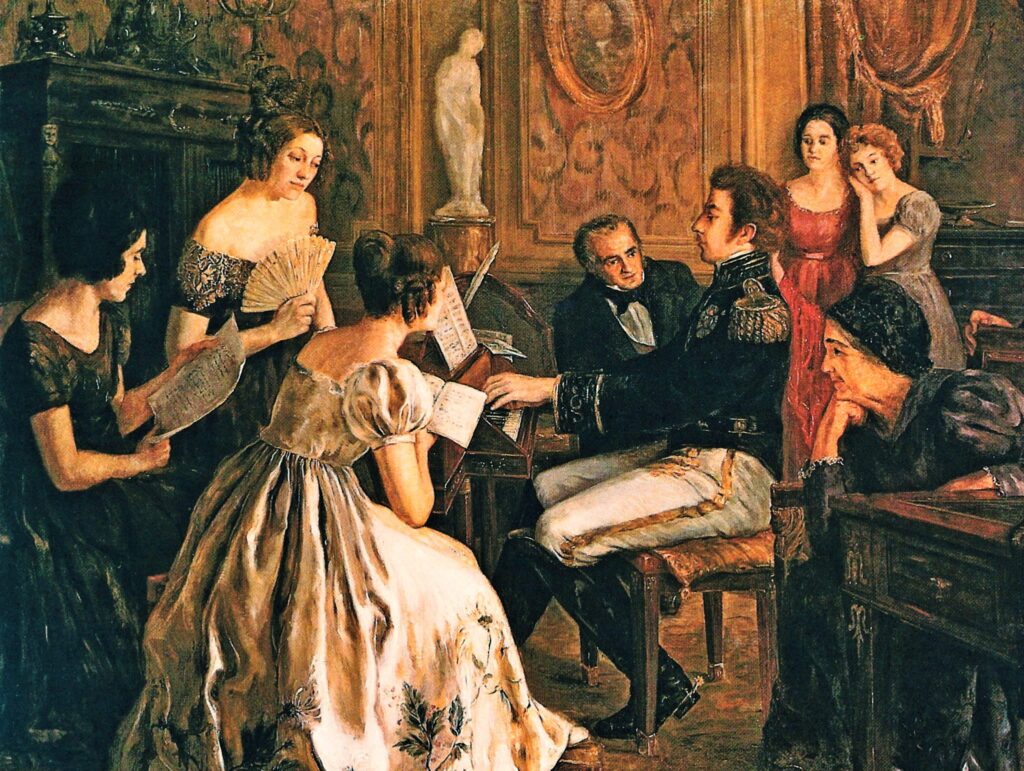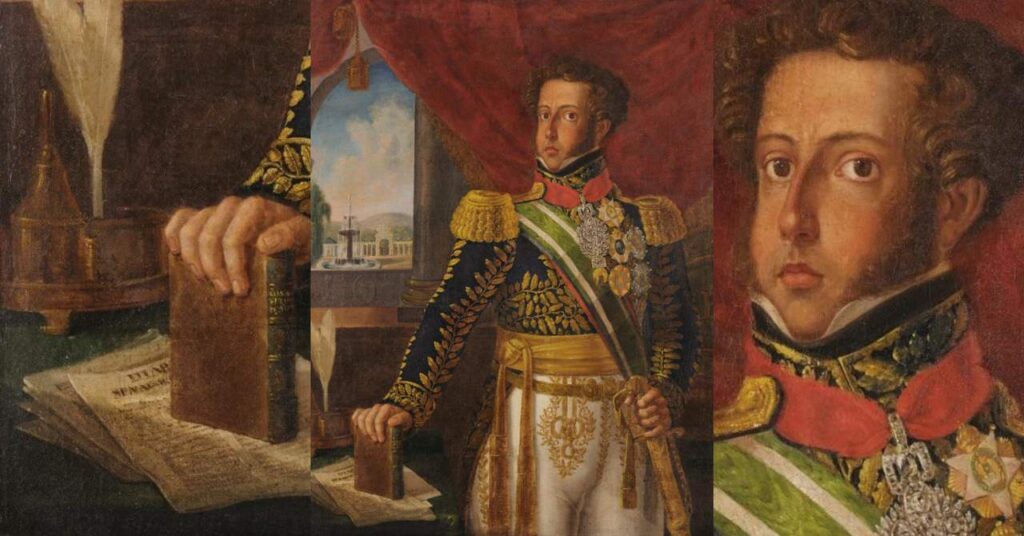
Brazil’s independence and portuguese resistance
The news of Brazil’s independence from Portugal was not celebrated in all provinces. After the proclamation, Emperor Dom Pedro I had a difficult time quelling the various revolts that occurred during the independence process. At the moment when he declared Brazil’s independence, the governments and troops of some provinces were



